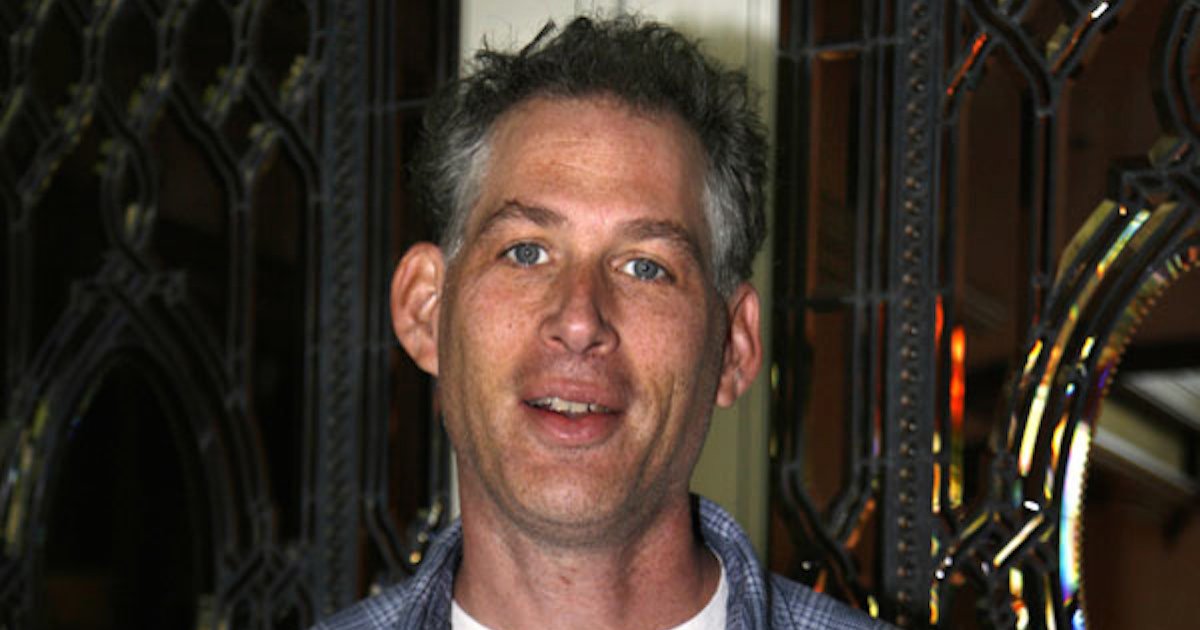Jonathan Rinzler's Fight
- The Star Wars community is rallying behind Lucasfilm writer Jonathan Rinzler as he battles stage 4 pancreatic cancer.
- He visited the doctor last August when he started losing his appetite and experiencing abdominal pain: these are common symptoms of pancreatic cancer.
- Experts have told SurvivorNet that 80% of pancreatic cancer diagnoses are caught in later stages since symptoms don't present themselves until the disease has already spread.
News of Rinzler’s pancreatic cancer diagnosis came from his daughter Sarah, who has created a GoFundMe to raise money for her father’s cancer treatment. According to Sarah, her father visited his doctor last August when he started experiencing abdominal pain and diminished appetite. While going through tests, he was diagnosed with stage 4 pancreatic cancer. At the time of the diagnosis, his doctor told him he had three to four months to live, but Rinzler continued going through chemotherapy treatments to fight the disease. Rinzler is currently approaching the one-year mark since the news, but Sarah explains in the GoFundMe that her father is currently making “end of life plans,” and the family is asking for donations to help fund medical bills.
Read MoreJonathan Rinzler has written the definitive behind-the-scenes books for #StarWars, #IndianaJones, and many of our other favorite films. And without him, I would not be a SW author. So, please join me in expressing our gratitude to Jon by giving what you can. Thank you. https://t.co/JmTh52oCxD
— Phil Szostak (@PhilSzostak) July 18, 2021
This is J.W. Rinzler – author of a huge pile of fantastic and exhaustively researched film books. Sadly he has terminal cancer and not much money. Let’s all lend a hand. https://t.co/4FTuadEN7J
— Jon Spira (@videojon) July 20, 2021
.@jwrinzler has been an amazing chronicler of Lucasfilm *and* film history. I just counted and I think I own 10 of his books(!!!!). He's done so much for the Hollywood Behind the Scenes book industry and needs some help!https://t.co/8QxXZUcIhQ
— patrick cotnoir (@patrickcotnoir) July 19, 2021
I have some very sad news to share: my creative partner on my book on the making of The Shining, Jonathan (J.W.) Rinzler, is approaching the end of his battle with pancreatic cancer. If his books have been part of your life, consider helping his family: https://t.co/GVYOktpr3j
— Lee Unkrich (@leeunkrich) July 18, 2021
If you are in a position to help in any waywith this, be it donate, share on your podcasts and sites or retweet, PLEASE do. Jonathan is a Star Wars legend who's diligent research into the history of Star Wars is invaluable. https://t.co/7B7C1N9AMB
— Mark Newbold (@Prefect_Timing) July 18, 2021
Pancreatic Cancer: The Breakdown
Pancreatic cancer is known as one of the most difficult types of cancers to treat, and is often caught in later stages. Some of the main symptoms associated with pancreatic cancer may include jaundice, weight gain, back pain or diabetes. However, by the time these signs start popping up, it usually means the disease has progressed to later stages. According to Dr. Anirban Maitra, 80% of diagnoses are caught in later stages since symptoms don't present themselves until the disease has already spread. Currently, the five-year survival rate of pancreatic cancer patients is just 9%.
Related: Detecting Pancreatic Cancer Early Is Crucial
Cancers caught in late stages typically have fewer treatment outcomes, but pancreatic cancer is especially difficult. The reason is because of the stroma a barrier around cancer cells which prevents medications, such as chemotherapy and radiation, from targeting and killing these cells. If these cells continue to grow, then the disease will continue to progress.
"Think of pancreatic cancer as an oatmeal raisin cookie and the raisins are actually the cancer cells, and the cookie part is actually all the stroma around it," Dr. Allyson Ocean, a medical oncologist at Weill Cornell Medical Center, previously told SurvivorNet. "And imagine having to navigate through all that stroma for a treatment to be able to get into a cell to kill it. So that's why the treatments just really aren't good enough to penetrate the cancer. But we're improving, we're getting better treatments."
Dr. Allyson Ocean explains why pancreatic cancer is so hard to treat
Learn more about SurvivorNet's rigorous medical review process.


